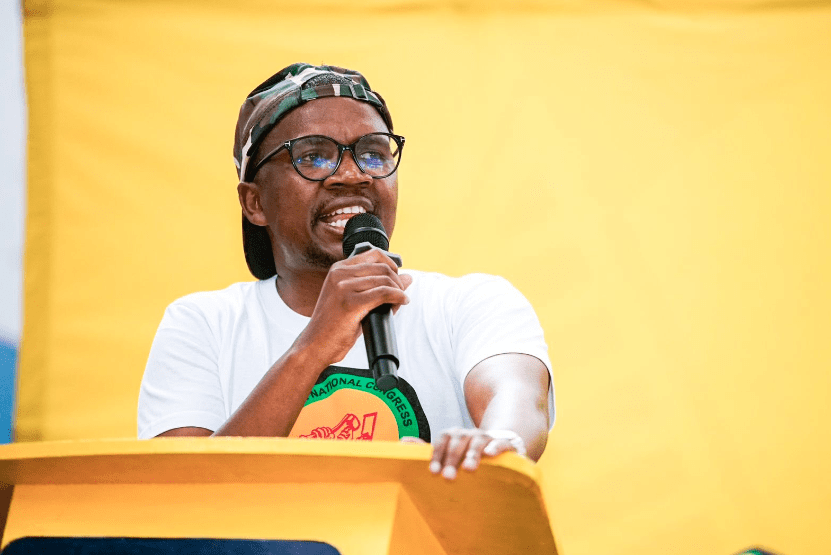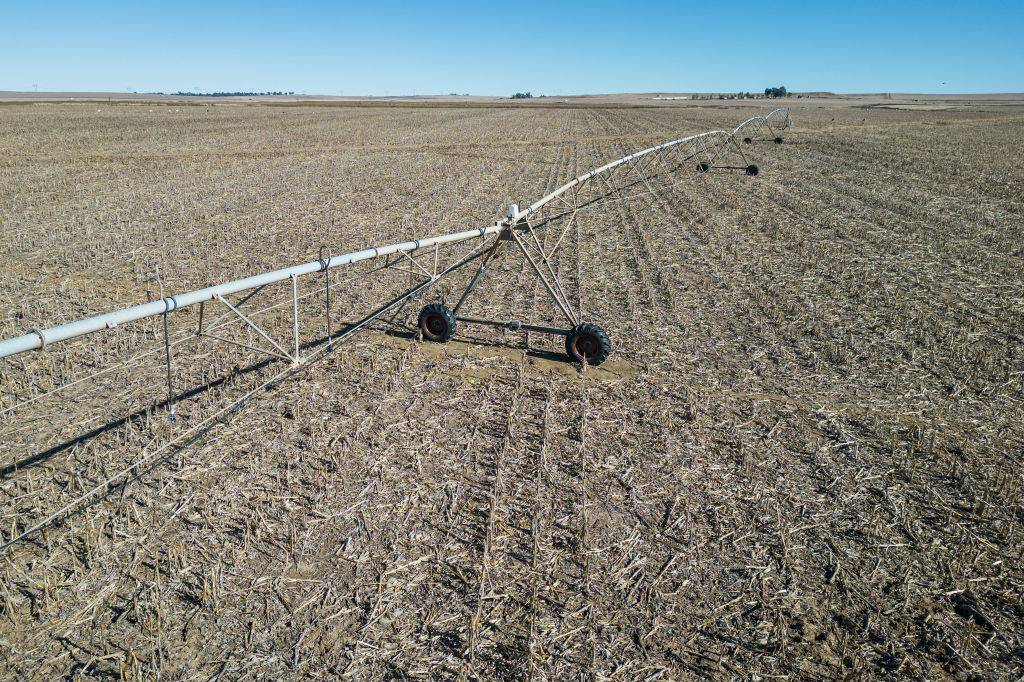Disgruntled Uber, Bolt, InDriver, and DiDi drivers in South Africa plan to disrupt major roads and “critical institutions” as part of a three-day strike calling for e-hailing industry regulation.
The planned disruption includes food delivery services like Uber Eats.
Private Public Transport Association (PPTA) founder Vhatuka Mbelengwa, who is organising the strike, told eNCA that e-hailing platforms exploit drivers.
“We have long expressed that we are not happy with the state of e-hailing in the country. We are not happy with the manner in which app companies are treating us,” Mbelengwa said.
“We are not happy with the pricing, we are not happy with the over-saturation of the market, but most importantly, we are not happy with the fact that government has not shown up in defence of its people.”
Mbelengwa said the drivers want the government to be proactive and fast-track industry regulation.
“We will picket, we will target critical institutions, we will ask certain individuals with the correct powers why they are not doing what needs to be done,” Mbelengwa stated.
On Tuesday, 22 March 2022, PPTA will be lodging its grievances at the Union Buildings and Department of Trade, Industry, and Competition.
On Wednesday, they plan to approach the MEC for Transport in Gauteng.
The action will culminate in a national shutdown of services on Thursday, 24 March 2022.
Mbelengwa said the disgruntled drivers intended to continue disruptions until the government takes tangible and impactful steps towards regulating the industry.

Mbelengwa criticised the Department of Transport and the South African National Taxi Council for remaining silent over drivers’ issues.
PPTA wants the Department of Trade, Industry, and Competition to clarify the roles and responsibilities of tech platforms like Uber and Bolt.
Mbelengwa alleges that the companies have no interest in engaging directly with them.
While the platforms call drivers their partners, their decision-making on issues like pricing were not reflective of a partnership, Mbelengwa said.
Mbelengwa said it was necessary to act now to lay down the rules for how tech companies operated in South Africa.
“Tech disruptions are going to be felt across many industries,” he explained.
“If we don’t set a precedent now to say this is how tech should behave in this country, we are all doomed.”
Class-action lawsuit
The strike comes more than a year after law firms in the UK and South Africa announced they had partnered on a class-action lawsuit against Uber on behalf of drivers in South Africa.
Uber classifies its drivers as independent contractors, meaning they are not entitled to statutory protections granted to employees.
The case aims to get the drivers recognised as employees, entitling them to benefits like overtime and holiday pay.
It followed a UK Supreme Court court ruling that Uber drivers should be classified as “workers.”
The UK differentiates between “employees” and “workers”, with the latter only enjoying limited benefits.
Uber has claimed that most of its drivers prefer to work independently rather than being regarded as fully-fledged employees.
“This is testament to the appeal of the Uber business model, which provides drivers with an independent status while allowing them to develop and expand their businesses following their needs and time schedules as well as their business skills and plans, and pursue any economic activities of their choice,” the company stated.
MyBroadband contacted Uber, Bolt, DiDi, and InDriver for comment, but they did not immediately respond to queries about the strike.





















Discussion about this post